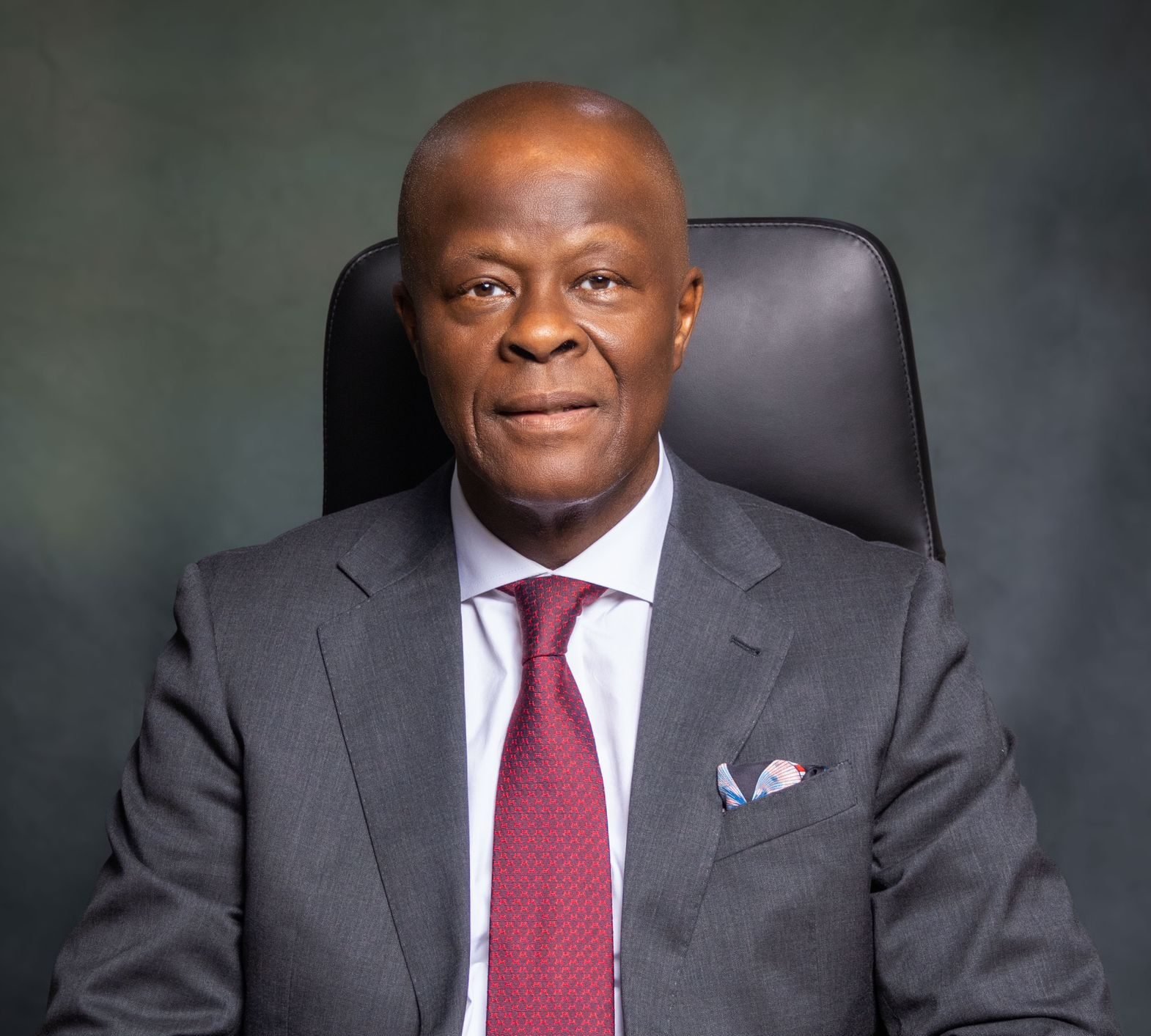Nearly $3bn spent on Eurobond debt servicing under Tinubu
The Federal Government has spent about $2.93bn servicing Eurobond debt across eight quarters under President Bola Tinubu, according to an analysis of external debt-service records published by the Debt Management Office.
The data, covering Q3 2023 to Q2 2025, show that Eurobond obligations alone accounted for 31.5 per cent of Nigeria’s total external debt service of $9.32bn over the two years.
More striking is the structure of the payments: interest charges consumed $2.43bn out of the $2.93bn spent on Eurobonds, meaning that 83 per cent of all Eurobond servicing in the period went to interest rather than principal.
This reflects the costliness of Nigeria’s dependence on commercial borrowing and suggests that expensive debt will remain a major burden on government finances for several years.
Tinubu assumed office in May 2023, making Q3 2023 the first full quarter under his administration. That quarter was also the most expensive within the two-year window, as Nigeria redeemed a maturing Eurobond.
The country paid a total of $943.66m in Eurobond obligations in Q3 2023, comprising a $500m principal redemption and $443.66m in interest. Nigeria’s total external-debt servicing for the period stood at $1.39bn, meaning Eurobonds alone accounted for 67.8 per cent of the entire foreign-debt bill that quarter.
It remains the quarter with the highest Eurobond share under the Tinubu administration. In Q4 2023, Eurobond servicing fell sharply as no principal was due. The government paid $148.57m, all of it interest, while total external-debt servicing amounted to $943.17m, and Eurobonds accounted for just 15.8 per cent of the total in the quarter.
Nigeria’s Eurobond obligations resumed their upward climb in Q1 2024, when the government paid $282.57m in interest. Total external-debt servicing for the quarter was $1.12bn, giving Eurobonds a 25.2 per cent share.
The pattern strengthened in Q2 2024, when Eurobond interest payments rose to $293.73m. With total foreign-debt servicing at $1.12bn, Eurobonds accounted for 26.2 per cent. These two quarters showed a reappearance of heavy commercial-debt costs within Nigeria’s external obligations, even outside redemption periods.
A significant spike appeared in Q3 2024, when Eurobond servicing hit $427.72m. This was entirely interest payment, and it pushed Eurobond payments to 31.9 per cent of the total external-debt service of $1.34bn. Q3 quarters are increasingly emerging as heavy repayment windows due to the structure of Nigeria’s Eurobond coupons, and 2024 followed that pattern.
The cost dropped again in Q4 2024, mirroring the drop in Q4 2023. Eurobond servicing stood at $148.57m, while total external-debt service was $1.08bn. This placed the Eurobond share at 13.8 per cent, the lowest in the two-year period.
However, the relief was short-lived. Eurobond obligations surged back to $427.72m in Q1 2025, matching the level recorded in Q3 2024. Nigeria’s total external debt servicing for the quarter reached $1.39bn, placing the Eurobond share at 30.7 per cent.
The repeated spikes in Q3 2024 and Q1 2025 highlight the growing weight of interest charges on Nigeria’s fiscal operations and the clustering of Eurobond coupons around similar maturity cycles. In Q2 2025, the most recent quarter in the records, Eurobond servicing fell to $260.07m, entirely interest.
Nigeria’s total external-debt servicing was $932.10m, giving Eurobonds a 27.9 per cent share. The PUNCH observed that Nigeria is spending far more on servicing existing Eurobonds than on reducing the underlying principal.
Of the $2.93bn spent on Eurobonds, only $500m went toward reducing the debt stock; the remaining $2.43bn was consumed by interest. The data also show that Eurobonds took between 13.8 per cent and 67.8 per cent of Nigeria’s total external-debt service in each quarter under review.
Further analysis by The PUNCH showed that Nigeria’s Eurobond commitments stood at $17.32bn as of June 2025, accounting for 36.86 per cent of the country’s total external debt, according to the data from the DMO.
This marks an increase from $15.62bn in June 2023, when Eurobonds represented 36.19 per cent of external debt. The data show that Nigeria’s Eurobond stock rose by $1.70bn between the two periods — a 10.88 per cent increase — indicating the country’s growing exposure to high-interest commercial debt.
In September, the Federal Executive Council approved plans to raise $2.3bn through Eurobond sales as part of the 2024–2025 borrowing plan, with an additional $1.1bn set aside to refinance maturing foreign obligations. The National Assembly also endorsed the foreign borrowing.
By November, Nigeria raised $2.35bn from international investors through a dual-tranche Eurobond issuance that attracted a record $13bn in bids, the Debt Management Office said in a statement.
The offer, split between a 10-year and a 20-year note, represents Nigeria’s largest order book in the international capital market and comes as the Federal Government moves to plug its 2025 fiscal deficit and broaden its funding sources amid ongoing fiscal and monetary reforms.
The Eurobond comprised $1.25bn due in 2036 and $1.10bn due in 2046, with the 10-year note priced at 8.63 per cent and the 20-year at 9.13 per cent.
According to the DMO, the sale drew participation from investors in the United Kingdom, North America, Europe, Asia, the Middle East, and Nigeria, cutting across fund managers, pension and insurance funds, hedge funds, banks, and other financial institutions.
The agency said the $13bn orderbook was “the largest ever” for Nigeria, reflecting strong appetite from a broad mix of buyers. The notes will be listed on the London Stock Exchange, FMDQ Securities Exchange Limited, and the Nigerian Exchange Limited.
In the DMO statement, President Bola Tinubu said the investor response showed continued confidence in the Nigerian economy and reaffirmed the country’s credibility in global debt markets.
“We are delighted by the strong investor confidence demonstrated in our country and our reform agenda. This development reaffirms Nigeria’s position as a recognised and credible participant in the global capital market,” Tinubu was quoted as saying.














Post Comment